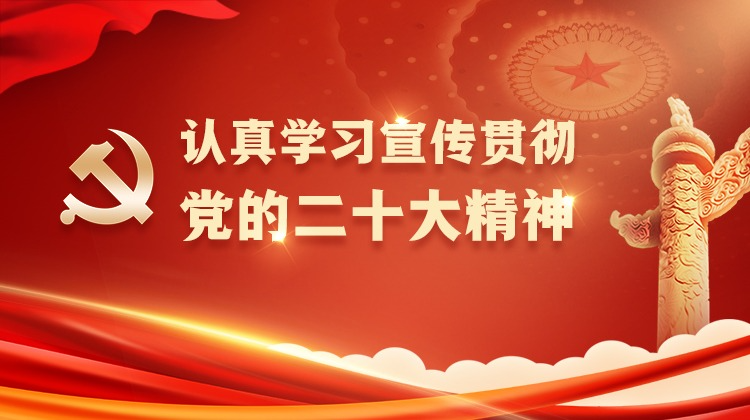
BEIJING, May 3 (Xinhua) -- Experts have slammed some Western countries' accusations of "overcapacity" in China's new energy sector, saying protectionist practices would have far-reaching negative effects.
Cui Fan, a professor at the University of International Business and Economics, said the motive behind the accusation is to curb the competitiveness of China's new energy industry and support their own industry through political intervention.
Cui said the intervention, usually with anti-dumping and anti-subsidy measures, would disrupt the global industrial chain, hurt consumer interests and delay emission reduction plans. It is not ruled out that there will be some further measures, such as imposing high tariffs on new energy products manufactured in overseas plants funded by Chinese firms.
The "overcapacity" accusation is widely seen as a typical double standard, as some Western countries continue to call for further opening of the Chinese market while introducing protectionist measures that discriminate against Chinese companies.
In 2018, China removed shareholding limits for foreign investors in the new energy vehicle sector. Over the years, China's new energy vehicle sector has developed rapidly, with fierce competition between foreign, private, and state-owned automakers.
The boom is supported by the country's huge market and complete industrial chain. Many foreign automakers have invested heavily in the country to take advantage of market opportunities and have improved their competitiveness through competition and exchanges.
Some foreign automakers, especially German ones, have established a close relationship with China's domestic industrial chain after expanding in the Chinese market for a long time. Imposing tariffs on new energy vehicles from China could disrupt existing partnerships and ultimately harm the interests of multiple parties, the expert said.
"German economy is highly exports dependent and oriented. So we believe in open markets, and I think that our markets have to be open," said Maximilian Butek, executive director and board member of the German Chamber of Commerce in China-East China. "We are willing to take up the competition and we have to remain competitive."
China's auto industry has been strengthening industrial chain and supply chain cooperation with other countries and optimizing the international division of labor to achieve common development, Cui stated.
China is a popular destination for foreign investment. Many countries also welcome investment from Chinese new energy companies, as their factories could bring jobs, economic growth, and the development of upstream and downstream companies.
China is a crucial contributor to the world's green and low-carbon transition.
To meet its dual carbon commitments and help fight the climate crisis, China has been vigorously developing its new energy sector. It has been the world's largest market for new energy vehicles for years.
It is also a major supplier of wind and solar power equipment and power batteries. It has driven down the cost of renewable energy and helped other countries obtain clean, reliable, and more affordable energy.
Through fierce competition globally, Chinese photovoltaic companies have offered high-quality and cost-competitive products through innovation, which gives millions of people access to clean energy, said Cynthia Tian, partner of technology consulting of global accounting and consulting firm Ernst & Young in Greater China.
There is a lot of room for continued sales and exports of things like electric vehicles and sustainability-related products from China to the world, said Jose Vinals, chairman of Standard Chartered Group, adding that the world would benefit because these products would lead to a faster net-zero transition.
Cui said protectionist practices can undermine humanity's efforts to tackle climate change and may lead to accelerated climate warming, threatening the common interests of humanity.
For some Western countries, the right solution would be to strengthen cooperation and technological exchanges with China's new energy industry and develop together amid competition and exchanges, Cui added.







 新华报业网
新华报业网














 Android版
Android版
 iPhone版
iPhone版




